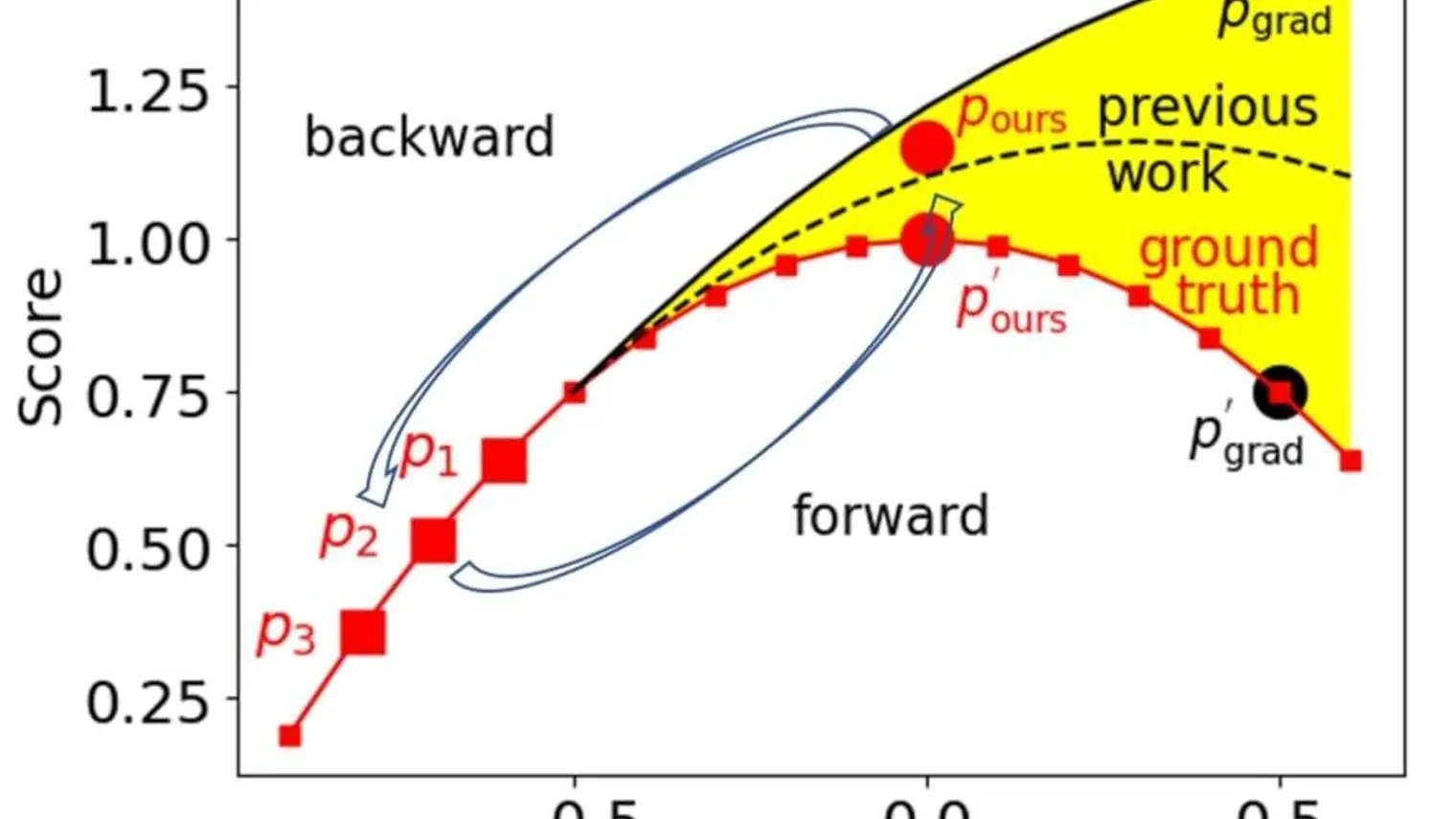
Mark Coates
Biography
Mark Coates is a professor in the Department of Electrical and Computer Engineering at McGill University, which he joined in 2002. He received his Bachelor of Engineering degree in computer systems engineering from the University of Adelaide, Australia, in 1995 and his PhD degree in information engineering from the University of Cambridge, U.K., in 1999. Coates was formerly a research associate and lecturer at Rice University, Texas (1999–2001) and a senior scientist at Winton Capital Management, Oxford, U.K. (2012–2013).
He has assumed multiple editorial roles, including senior area editor of IEEE Signal Processing Letters, associate editor of IEEE Transactions on Signal Processing, and associate editor of IEEE Transactions on Signal and Information Processing over Networks. His research interests include machine learning and statistical signal processing, Bayesian and Monte Carlo inference, and learning on graphs and networks. His most influential and widely cited contributions have been on the topics of network tomography and distributed particle filtering.



